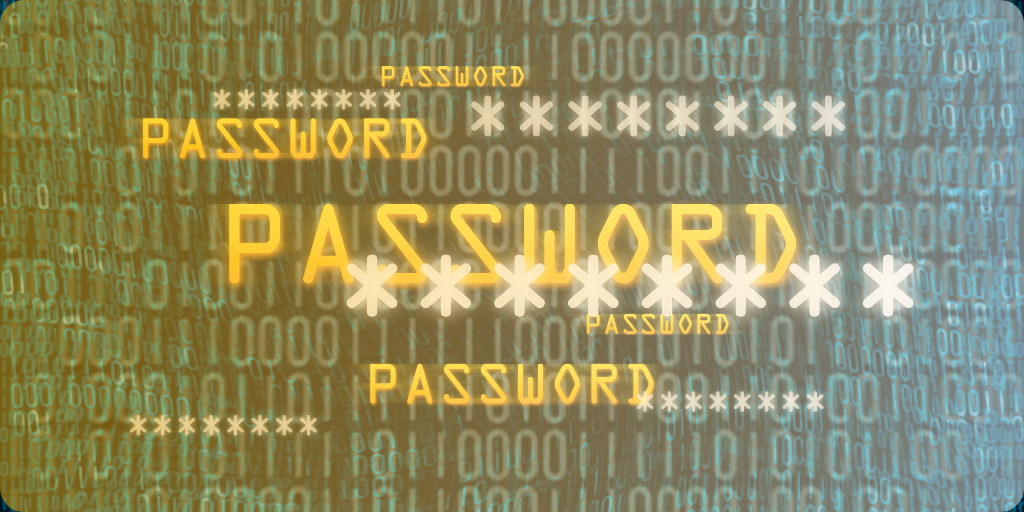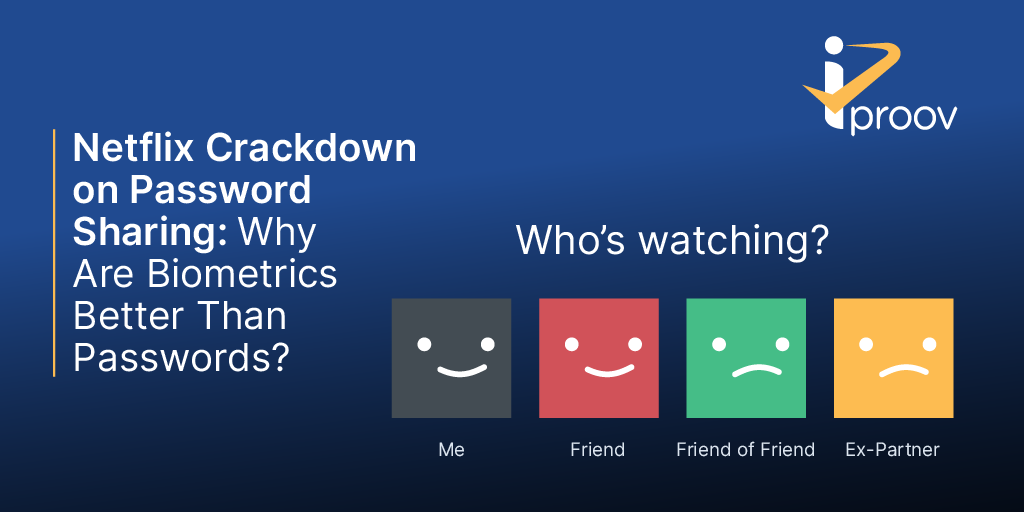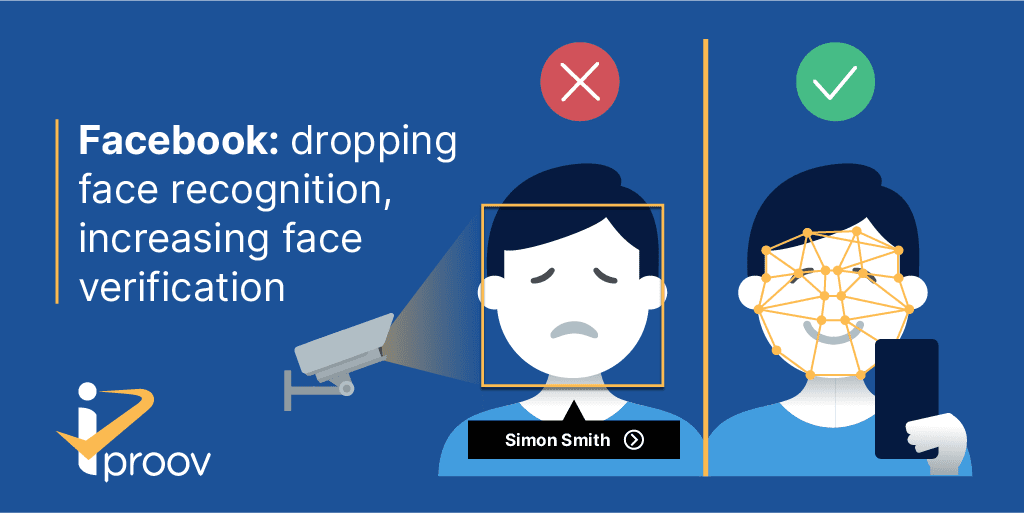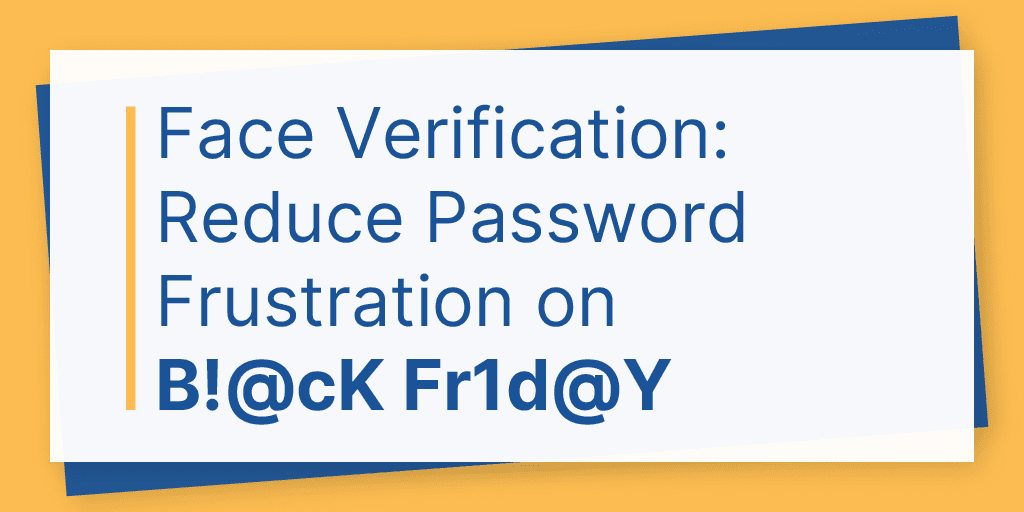May 6, 2022
We’ve all been there. After hours of searching online, you find that perfect pair of shoes. You’ve made your decision and it’s time to head to checkout. The trouble is, you can’t remember your password. The site recognizes your email address, so you must have a password. You request a reminder, but it goes into spam and you can’t find it. You give up on the purchase.
If this sounds familiar, you’re not alone. Our latest consumer survey data shows that password frustration and abandoned transactions are global problems. In Spain and the US, over half of consumers have abandoned a purchase because of password frustration and Australia, the UK, Canada, and Italy are not far behind.
But this doesn’t account for those who power through the friction. What about the shoppers who grit their teeth through resets and delays? Conversion rates still suffer — and the user experience certainly does.
The message is clear: passwords are costing businesses significantly.
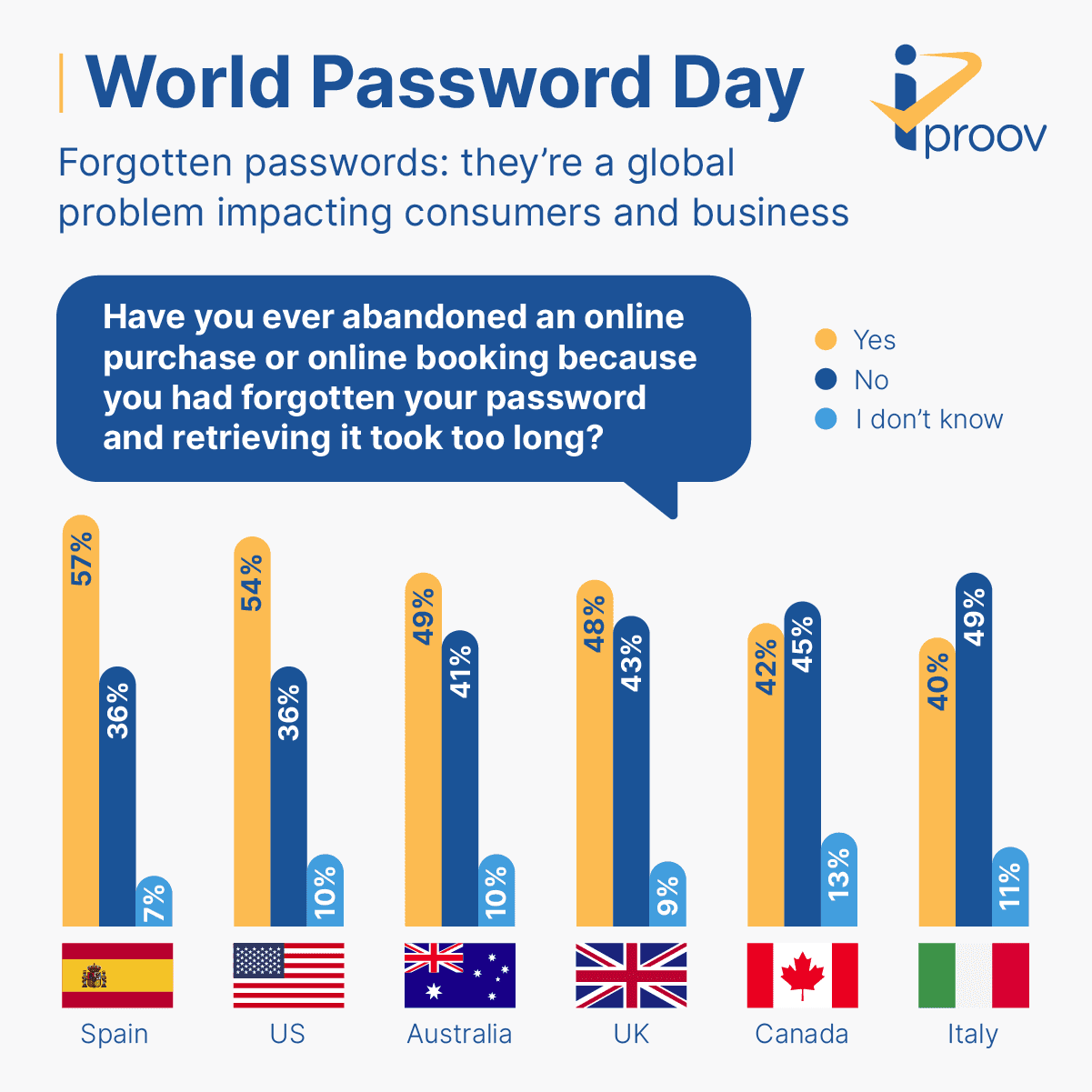
Note that this graph only represents the people who completely abandon their purchase — there are likely countless others who get frustrated yet persevere.
The bottom line? Businesses are losing money because of passwords, owing to increased abandonment rates.
So, on World Password Day, let’s consider why passwords are no longer fit for purpose. Because this is just the tip of the iceberg…
The disadvantages of passwords
In our report, The End of the Password, we found that the average American abandons 16 online purchases every year! Why?
Passwords aren’t user-friendly
To try and make passwords more secure, consumers are asked to make them more complex by using numbers, uppercase letters, lowercase letters, and special characters. This makes them hard to remember. And if people can’t remember them, they write them down or use the same password on multiple websites…which makes them less secure.
Passwords aren’t secure
Passwords can be shared, guessed, or stolen, which means they aren’t secure. Over 50% of young people admit that they share their log-in details with friends, and 59% of respondents admitted to reusing the same passwords across multiple sites.
Balancing security and usability is difficult: a memorable password is insecure, but a secure password is hard to remember. So, what’s the alternative?
The hidden business cost of passwords
Beyond abandonment, passwords generate serious operational drag:
- Password resets account for up to 40% of helpdesk calls in some industries.
- The average cost of a password reset is $70 for a business, according to Forrester.
- Users juggling multiple accounts (up to 100+ passwords on average) create higher risk and lower loyalty.
Password fatigue also leads to churn. Users drop off if asked to create yet another complex password —especially on mobile, where typing is more error-prone.
Passwords vs face authentication
Face biometrics enable organizations to balance security with an effortless user experience. iProov’s face biometric technology is extremely simple for the individual to use while offering the highest levels of security to protect governments, enterprises, and individuals against fraud.
- Passwords can be stolen: in the US, 60% of consumers have had to change a password after a data breach. You cannot steal someone’s real face. You can try and use a copy of someone’s face using a photograph mask or deepfake, but Dynamic Liveness has been built to detect imposters and spoof attacks.
- Passwords can be shared: sharing passwords is very easy to do, whereas you can’t share someone’s real face.
- Passwords can be guessed: while passwords are at risk from brute force attacks and social engineering, simply guessing is often effective too—no wonder, when “123456” was the most popular password of 2020!
- Passwords are hard to remember: the common wisdom is to have a different, unique password for each account. But this quickly becomes a problem when you have multiple accounts and too many combinations to remember. Secure online face verification means one password — your face — that you’ll never forget.
- Passwords cause frustration: password frustration leads to lost sales and exclusion from online services. iProov’s face verification is effortless, providing inclusivity, customer satisfaction, and maximum completion rates.
Passwords iProov Face Biometrics Can be guessed or stolen Detects deepfakes, masks, and replays and continuously evolves to outpace new threats Easily shared Tied to your real, live face Hard to remember Nothing to memorize or manage, truly accessible and inclusive Breaks UX and conversions Seamless user journeys Can exclude less tech-savvy users or frustrate users due to the complexity of remembering multiple passwords Inclusive by design, no device lock-in
Passwordless is more than a UX upgrade — it’s a trust signal
Today’s users don’t just want ease; they expect safety. Passwordless, biometric-first journeys signal to users that your organization is serious about protecting them. For enterprises, it’s also a compliance win — supporting stronger data protection and fraud prevention strategies.
The forgotten password solution: Face biometrics.
Say goodbye to forgotten passwords for good
iProov enables governments, banks, and enterprises to deliver secure, effortless authentication that customers and citizens actually want to use. That means:
- More successful logins
- Higher conversion and completion rates
- Less fraud, fewer resets, and stronger trust
Want to reduce abandonment and improve customer journeys?
iProov provides two technologies to enable organizations to onboard and authenticate customers.
- Dynamic Liveness ensures that a customer or citizen is the right person, a real person and that they are authenticating right now. It protects against sophisticated criminal attacks and allows our customers—such as the NHS, Rabobank, and the US Department of Homeland Security — to onboard and authenticate users remotely.
- Express Liveness provides organizations with the ability to authenticate customers in lower-risk scenarios, making it ideal for frequent online authentications when the threat of attack is low.
For more information on how iProov can provide your organization with secure online facial verification for remote authentication and onboarding, please email us at contact@iproov.com or fill in our demo form here.
Alternatively, if you’d like more stats and information on the limitations of passwords, download our report The End of the Password here.
